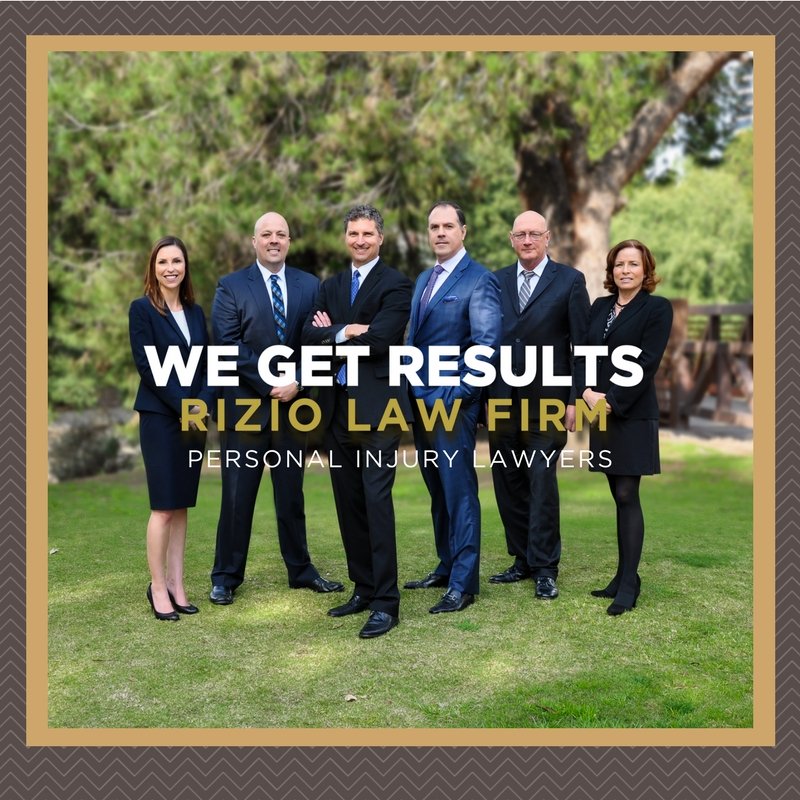Orange County Religious
Discrimination Attorney

 Freedom of religion is one of the most essential and celebrated founding principles of the United States. As a result of this principle, American employees are legally protected from religious discrimination at their place of work. However, because many people have strong feelings about religion and discrimination legislation is complex, some employers have trouble following the law. When that happens, it might be necessary to contact an Orange County religious discrimination attorney for assistance.
Freedom of religion is one of the most essential and celebrated founding principles of the United States. As a result of this principle, American employees are legally protected from religious discrimination at their place of work. However, because many people have strong feelings about religion and discrimination legislation is complex, some employers have trouble following the law. When that happens, it might be necessary to contact an Orange County religious discrimination attorney for assistance.
What Is Workplace Religious Discrimination?
According to the U.S. Equal Employment Opportunity Commission, workplace religious discrimination occurs when an employer treats an employee or job applicant unfavorably due to his or her religious beliefs. This unfavorable treatment can come in many forms, including wrongful termination, refusal to hire, failure to promote, harassment, segregation, or failure to provide reasonable accommodation.
Examples of workplace discrimination might include:
- Choosing not to hire an employee who worships on Saturday instead of Sunday
- Firing an employee for missing work on a religious holiday
- Requiring a dress code that violates an employee’s religious beliefs
- Forcing an employee to partake in religious activities as a condition of employment
- Forcing an employee to forgo religious activities as a condition of employment
- Harassing an employee over his or her faith or religious practices
- Trying to convert non-religious employees against their expressed will
- Retaliating against employees who report religious discrimination or harassment
Who Is Protected?
Except in cases of undue burden, federal and state laws require employers to protect employees from discrimination and accommodate employees’ religious beliefs and practices, including religious dress and grooming practices. These protections and accommodations extend to employees who practice well-known, organized religions like Buddhism, Christianity, Hinduism, Islam, and Judaism and to employees who belong to smaller religious groups or who have sincerely held religious, moral, or ethical beliefs of a personal nature.
The primary federal laws protecting employees are Title VII of the Civil Rights Act of 1964 and the Religious Freedom Restoration Act of 1993. These laws apply to all private employers, state and local governments, and educational institutions that employ 15 or more workers.
In California, employees are also protected by the California Fair Employment and Housing Act and the California Workplace Religious Freedom Act of 2012, which offer more extensive protections than federal laws.
How To Tell If You’re A Victim Of Religious Discrimination
Employees who experience unfavorable treatment, harassment, or retaliation due to their religious beliefs or practices might be the victims of workplace religious discrimination. However, it is important to note that workers must truly hold sincere religious, moral, or ethical beliefs and notify their employer of those beliefs for any infringement claims to be considered. In addition, harassment incidents must be severe and continuous enough to create a hostile working environment for the targeted employee. Isolated incidents of a minor nature, such as a single instance of mild teasing, do not generally rise to the definition of harassment.
It is also important to note that employers are not required to accommodate an employee’s religious beliefs if it would cause the employer or other employees undue hardship. Examples of undue hardship include burdensome financial expense, decreased productivity, compromised workplace safety, and infringement on the rights of co-workers.
It can sometimes be difficult for employees to determine if their case qualifies for legal action. To help with this, an Orange County religious discrimination lawyer could evaluate an employee’s case and recommend the best course of action.
How To Prevent Workplace Religious Discrimination
In order to reduce the risk of experiencing on-the-job religious discrimination, legal experts recommend that employees:
- Notify managers or supervisors of any potential conflicts between work requirements and their religious beliefs
- Provide employers information on how to accommodate a religious belief and explain the religious practice or belief that necessitates the accommodation
- Cease religious proselytizing to any co-worker who communicates that such interactions are unwelcome
What To Do If You Experience Workplace Religious Discrimination
Employees who believe they have suffered religious discrimination, harassment, or retaliation by their employer can take several steps to rectify the situation, including:
- Discussing the situation with management to find out if there is an explanation for any incidents that have occurred
- Lodging an internal complaint with the human resources department
- Documenting all incidents of discrimination
- Filing a complaint with the U.S. Equal Employment Opportunity Commission
- Filing a discrimination lawsuit
When To Hire A Religious Discrimination Attorney
Religious discrimination cases can be complicated and difficult to prove. As a result, employees facing religion-based workplace bias might benefit from contacting a religious discrimination lawyer as soon as possible. The attorney could review the case and determine if the situation rises to the legal definition of discrimination, harassment, or retaliation. If it does, legal counsel could help document incidents of illegal activity and work to build a strong case against the employer. This evidence could then be used as the basis to file a discrimination claim with the U.S. Equal Employment Opportunity Commission or the equivalent state agency. If necessary, it could also be used to support a religious discrimination lawsuit in civil court.
If the claim is successful, the employee could be awarded compensation for:
- Back pay
- Front pay
- Higher income from a promotion or raise
- Lost benefits
- Lost pension benefits
- Lost bonus payments
- Emotional distress
- Pain and suffering
- Punitive damages
If you believe that your employer has discriminated against you because of your religious beliefs, you can talk to a lawyer about what to do next. In California, you can file a charge of religious discrimination with the EEOC within 300 days of the discriminatory act. Your lawyer can help you prepare the appropriate documents for your EEOC claim. Afterward, you can get help preparing your court case. Through the legal team at Rizio Lipinsky Heiting, you can get the support you need. Contact us today to schedule a free, confidential consultation.
- This article should only be used for informational purposes. It does not constitute legal advice, and it does not create an attorney-client relationship with anyone. If you need legal advice, please consult an attorney in your community.
Rizio Lipinsky Heiting - Orange County





















